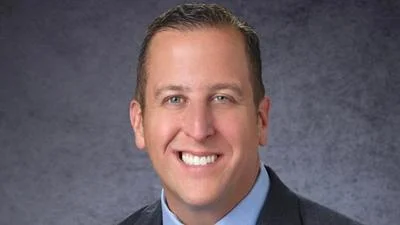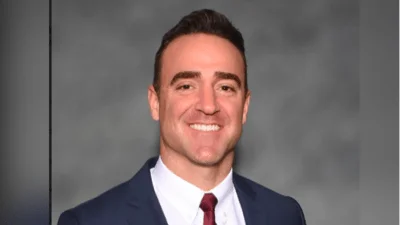The state of Illinois and the city of Chicago should seek bankruptcy protection to stop the fiscal bleeding and get back untracked, William Isaac, former chairman of the Federal Deposit Insurance Corp., said in a recently published opinion piece.
"Both the state of Illinois and the city of Chicago are in dire fiscal straits," Isaac, now senior managing director and global head of financial institutions at FTI Consulting, said in the op-ed piece, posted at bondbuyer.com.
"Taxes keep rising, while staggering amounts of red ink are projected as far as the eye can see," Isaac said. "The city and the state should act now to restructure their liabilities and put the fiscal mess behind them. This can be accomplished by utilizing Chapter 9 and other tools Congress just gave Puerto Rico."
Thanks to action taken by Washington lawmakers this past summer, Puerto Rico may access so-called "Super Chapter 9" bankruptcy protection. Now, debate is growing about whether to make that protection available for all territories and states.
In any case, Isaac said bankruptcy protection for Illinois would be controversial but would be the right thing to do.
"The process would entail about two years of unpleasant headlines, but the city and the state will rebound far sooner and less painfully than if they stay on their current paths," Isaac said.
Isaac also reminded readers about the economic mess that the city and state are in.
"Illinois has the worst credit rating of any U.S. state," Isaac said. "Republican Gov. Bruce Rauner was elected in 2014 with a mandate to get the state's financial house in order, but he and the Democrat-controlled legislature are at an impasse. Illinois is overdue on about $8 billion owed to health care providers and other vendors. If spending growth follows its 10-year average, the state projects a cumulative deficit of $17.5 billion over the next three years alone."
The present difficulties for Chicago and Illinois are not the first time that states and municipalities have faced bankruptcy-worthy debt loads. Detroit became the largest U.S. city ever to file for bankruptcy in 2013 when it sought protection from more than $18.5 billion in debts, but it is not the only U.S. city to do so. In addition to cities, 28 utilities, water districts, hospital authorities and other municipal units have declared bankruptcy protection.
The tracking website Governing.com said bankrupt municipalities are still extremely rare. Only about one in every 1,668 eligible general-purpose local governments have filed for bankruptcy protection between 2008 and 2012. Governing.com lists no U.S. state or territory that has ever sought bankruptcy protection, and there are reasons why states traditionally could not use federal bankruptcy to reorganize their debt.
However, as states such as Illinois face ever-increasing fiscal pressures, heavy public-pension obligations and other forms of debt, quite a few influential people are making a case that states should be allowed to declare bankruptcy, similar to how Puerto Rico, a territory, did.
There are few ways for Chicago and Illinois to address their financial situation, Isaac said.
"There are only three ways to restore Chicago and Illinois to financial soundness – increase taxes, decrease expenditures, and/or restructure liabilities," Isaac said in the op-ed. "All three are unappetizing, but it's critical that public officials act decisively to identify and implement an orderly solution before a disorderly crisis wreaks havoc."
Of the three options, financial restructuring is the only one that is viable, Isaac said.
"Simply put, the city and the state can deal with their problems either the long, drawn-out way or the swift and decisive way," Isaac said. "The drawn-out way entails years of over-taxation, suppressed economic activity, stopgap budget measures, shortchanged services and infrastructure, and incremental reforms – delaying, but unlikely avoiding, a financial restructuring. The decisive way is to confront the fiscal crisis now and fix the mess once and for all through an orderly restructuring."
While Chapter 9 protection currently isn't available to Illinois, Isaac said Washington politicians could change that.
"Ideally, the city or the state would have an opportunity to work things out with their creditors without having to resort to Chapter 9," Isaac said. "The legislation enacted by Congress for Puerto Rico (PROMESA) stays all bondholders from suing Puerto Rico upon a default, without Puerto Rico even entering bankruptcy. This allows Puerto Rico to take a 'time out' on paying its bondholders. During this period, Puerto Rico can attempt to negotiate a restructuring with its bondholders."
State and local governments should fulfill their debt commitments, Isaac wrote.
"But once a financial mess of the first order is at hand, as is the case with Chicago and Illinois, it can be far better to act decisively by restructuring rather than prolonging the pain," Isaac said. "If given the tools by Congress, Chicago and Illinois will be able to address their overwhelming financial burdens swiftly and decisively. This will be far better for residents, taxpayers, pensioners and creditors than drawing out the agony for years and praying that something works."
Initially reported by the Sangamon Sun.






 Alerts Sign-up
Alerts Sign-up